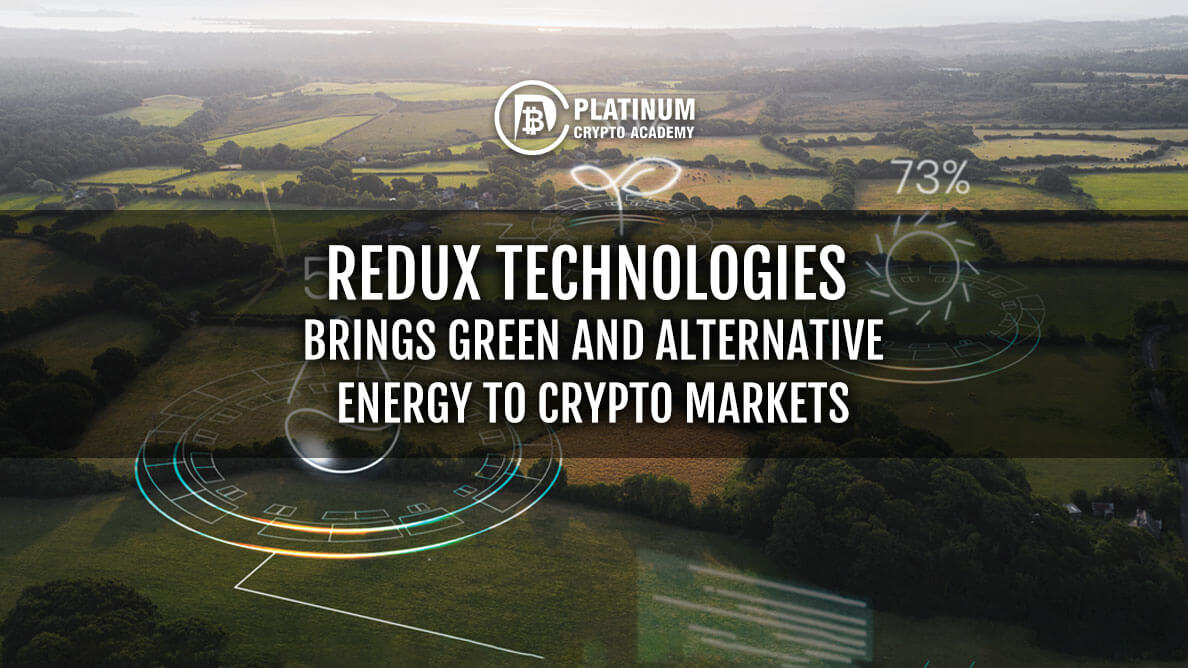Introduction
Climate change is a long-term shift in global or regional climate patterns. It often specifically refers to the rise in global temperatures from the mid-20th century to the present day. Although climate change is sometimes mistaken for weather patterns, climate is different from weather because it is measured over a longer period of time, while weather can change on a daily basis.
The climate of an area includes seasonal temperature and rainfall averages, as well as wind patterns. Different places or regions have varying climates. Climate change can cause the long-term alteration of temperature or typical weather patterns of a particular place or even the planet as a whole and may result in less predictable weather patterns.
Such unpredictable or unexpected weather patterns can make it difficult to maintain and grow crops in regions that depend significantly on agriculture and farming, because expected temperature and rainfall events can never be relied upon. Besides, climate change has also been associated with extreme weather events, such as more frequent and more intense floods, hurricanes, downpours and winter storms. Unusual temperatures are also seen more frequently in many places due to climate change.
Climate change is also linked to rising global temperatures, which is melting glaciers and ice sheets in the polar regions at a faster rate than normal, thereby contributing to rising sea levels in different regions of the world. The rising sea levels, in turn, are damaging coastlines through increased flooding and soil erosion.
The most worrying, yet avoidable aspect of climate change, is that it is largely caused by human activities such as burning of fossil fuels like natural gas, coal and oil. Burning these materials releases greenhouse gases into the Earth’s atmosphere, which trap heat from the Sun’s rays inside the Earth’s atmosphere like a blanket wrapped around the Earth.
This causes the average temperature of the Earth to rise, a phenomenon known as global warming which has a significant impact on global as well as regional climates. In fact, the Earth is now 1.1 degrees warmer than it was in the late 1800s and the last decade was the warmest on record.
Scientists and experts agree that limiting global temperature rise to no more than 1.5 degrees Celsius would help us avoid the worst impacts of climate change and maintain a livable climate.
Greenhouse gases, such as carbon dioxide and methane, are the primary contributors to climate change. These gases are emitted from the use of oil for transportation or burning coal to heat buildings. Additionally, deforestation can also release carbon dioxide into the atmosphere, while landfills for garbage are a major source of methane emissions.
While climate change occurring naturally is a slow process that can take hundreds and thousands of years, human activities since the 1800s have significantly accelerated the process, resulting in faster climate change. Energy, industry, transport, buildings, land use and agriculture are among the main emitters of greenhouse gases.
Contrary to popular perception, climate change is not only about warmer temperatures. Its consequences now include intense droughts, water scarcity, severe fires, rising sea levels, frequent floods, melting polar ice, catastrophic storms and declining biodiversity.
With such varied consequences, climate change can affect our health, ability to grow food, housing, safety and work. People living in small islands and other developing countries are already vulnerable to climate change. Rising sea levels and saltwater intrusion are already forcing communities to relocate and protracted droughts are putting people at risk of famine.
Meanwhile, phasing out fossil fuels quickly is not possible despite all their shortcomings, as they constitute a cornerstone of the global economy. Hundreds of millions of combustion systems are still in use around the world.
Therefore, the immediate solution should come from technologies that can make existing fossil fuel systems more efficient and climate-friendly. ReduX Technologies is a project that has the technology to significantly reduce emissions and optimize the efficiency of fuel consumption. It is a fully operational business in green and alternative energy.
ReduX Mission
The key mission of ReduX Technologies is to reduce carbon footprints and harmful emissions, save resources and reduce fuel consumption, while providing sustainable and profitable alternative energy. Through groundbreaking innovations in molecular technology, ReduX helps protect the environment, combat climate change and conserve resources for the planet. Its innovations, such as the ReduX Converter and MORF Refractor, showcase the power of molecules and transform the way energy is used and produced, ushering in a new energy era.
ReduX and MORF Technology
The MORF technology, further developed by ReduX, is a process based on the concept of molecular refraction. This allows for a much wider range of residual materials to be used, such as biomass, organic matter, waste oil, sludge and plastic waste. These materials can be converted into high-quality fuels, gas and coal. Low-grade organic residues can thus be refracted into high-grade energy sources on an industrial scale. Additionally, the separated carbon is bound as a long-term carbon dioxide reservoir, making the production process carbon dioxide negative.

Overall, MORF is a process that can be completed within minutes, whereas natural processes that achieve the same result typically take millions of years. The resulting solid material is rich in carbon and can be used for various purposes, such as soil amendment or as a means of storing carbon dioxide.
The Team
ReduX Technologies is supported by a highly professional and competent team of individuals, led by three founders: Eduard M. Barcikowski, Peter Mueller and Moritz Zuellig.
Barcikowski, who is the Chairman of the Board of Directors, has a degree in law and a background in physics. He is also the founder of several law firms and the head of NANISO Molecular Technology. His key role involves group coordination.
Mueller, who is the CEO of the Board of Directors, is responsible for corporate coordination and development. He has a degree in technics and marketing and experience in managing industry, trade and logistics. He is also an expert in supply chain management.
Zuellig, the other founder, is the CFO and head of the Advisory Board. He oversees finance and coordinates blockchain activities and has a degree in economics and risk and issuance mathematics. His work experience includes stints in Quantum and he was the President of a C-licensed Swiss Securities Company.
In addition to the three founders, ReduX’s team includes Rene Nijsen as CTO, Christoph Gut as COO and Christian Koechy as CIO. Nijsen leads the engineering vertical within the company, while Gut oversees the markets and control verticals. Koechy heads the crypto and blockchain applications within ReduX Technologies.
The Advisory Board of ReduX Technologies includes Gilles Maag, Manfred Wuest, Hans Juergen Ansos and Marcel Broch. Maag oversees industrialization, while Wuest is the head of R&D. Ansos handles marketing and key accounts and Broch oversees group accounting.
Conclusion – Improving the environment with ReduX Token
Solutions to address various elements of climate change are regularly being considered and launched in different parts of the world. However, an industrial high-tech company introducing an ICO in the crypto markets is currently a rare phenomenon.
ReduX Technologies is a Swiss high-tech company with a fully operational business in green and alternative energy. The company has developed solutions to two of the world’s most pressing issues – energy shortages and the reduction of carbon footprints and emissions.
ReduX Converters can reduce fuel consumption in all engines and combustion systems by anywhere from 8 percent to 25 percent. At the same time, it cuts down the release of CO2 and other harmful emissions by up to 80 percent. This solution is easy to apply and is a retrofit-capable, plug-and-play device that can be applied to any engine. With about 3 billion combustion systems operational worldwide, there is an ocean of opportunities for the application of ReduX technology.
The MORF Refractor is another ReduX technology that can generate high-quality synthetic fuels, such as jet fuel, diesel, gasoline, or heating oil. All of this is based on hundreds of different residues from a variety of sources, such as sludges, biomass, wood, plastic waste, tires, or other biological or industrial waste. This effectively eliminates the need for oil wells or gas fields to a great extent, which is a significant step in reducing the world’s dependence on fossil fuels.
When a company with such revolutionary technologies enters the crypto markets, it’s definitely a unique event and time to take notice. It provides innovative investment opportunities in hi-tech and offers much-needed solutions for pressing problems.
Furthermore, the $REDUX token will make it easier to invest in shares of ReduX Technologies AG in the future. The Tokenomics of the ReduX Technologies project also indicate that tokens offer added benefits, such as participation in CO2 certificates that ReduX gains with its technologies. ReduX currently has no competition in the market and it’s possible to enter the market right away, enjoying the first-mover advantage with its innovative technologies and business model.
Hopefully, you have enjoyed today’s article. Thanks for reading! Have a fantastic day! Live from the Platinum Crypto Trading Floor.
Earnings Disclaimer: The information you’ll find in this article is for educational purpose only. We make no promise or guarantee of income or earnings. You have to do some work, use your best judgement and perform due diligence before using the information in this article. Your success is still up to you. Nothing in this article is intended to be professional, legal, financial and/or accounting advice. Always seek competent advice from professionals in these matters. If you break the city or other local laws, we will not be held liable for any damages you incur.


